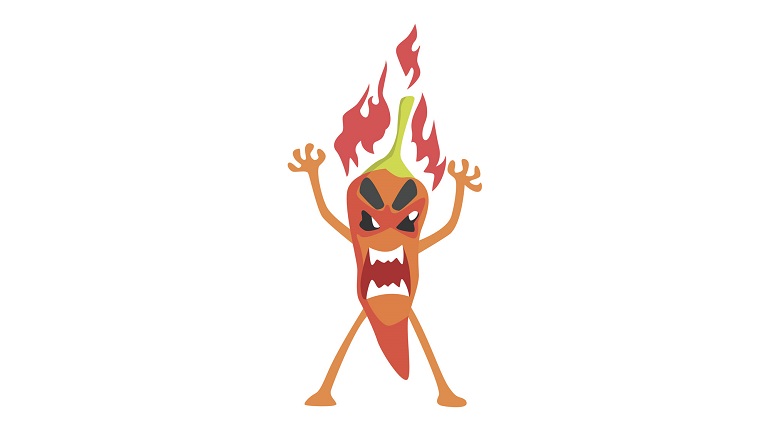Of the many forces that drive our young teens’ behavior, certainly one of the more powerful and potentially destructive is that of anger. While creeping resistance, feelings of entitlement, self-centeredness, perplexing attitudes, and irrational independence are expectable fragments of maturity for this age group, when teen anger becomes too dominant an emotion, then bad things can happen. Admittedly expecting our young adoptees to be “anger-free” is unrealistic, and I have found that a teen without a bit of an attitude seems also a bit “eerie.” As an adoptive mother shared, “I get the most nervous then Tiff acts just fine—I wonder what’s up.”
Normal anger is an effective way of calling out for attention, to meet needs, for keeping relationships both close and distant simultaneously, and for providing an illusion of security, power, and control. Anger is not simply to be avoided, but recognized, understood, and worked through. No adopted teen emerges through the crises of the age without some angry, emotional wounds, and it is the process of experiencing and passing through those troubled times that gives depth to the adopted teen and in her family relationships.
One of the more troubling aspects of working through or containing teen anger is that for the typical young adopted teen, it works too well—at least temporarily. So many times, their anger does not bother them as much as it bothers parents. Parents can find the family home getting negative, can find themselves arguing about the teen’s arguing, and can discover that they themselves have caught a case of “adolescence.” For some young teens, it simply is much safer to be angry at someone, at anything-and have “negative closeness”—than it is to risk expressing and facing emotions that make them feel vulnerable and weak. As they anguish in the expectable insecurities and confusion of their age, any behavior or emotion that gives them a sense of security is awfully appealing.
Beyond Punishment
How can adoptive parents help their teens to better handle anger? Here are a few suggestions:
- Do not “own” the teen’s anger as your own. Throwing fuel on the fire doesn’t work, and confronting anger with anger only escalates conflicts, or gets the teen to withdraw, internalize, and save it up for later.
- Listen…then explain, correct, or advise. Work to hear the hurt, pain, uncertainty, and loss behind what the teen is angrily saying or doing. As Sherlock Holmes pressed, “You see, but you do not observe.” Be an observer, don’t rush to get past the anger, and really try to get the teen’s perspective. But remember, it’s their anger, not yours.
- Acknowledge and affirm. Teens feel better able to face them healthily when they discover that their parents will not be overwhelmed by them, will not rush to punish or blame, and will not verbally counter-aggress.
- Offer alternatives and be a problem-solver. Help your adopted teen to find better strategies to get what she needs or wants—and by other means than angry behavior. Tempting as it is, don’t just offer solutions and advice, but assist your child to find alternative ways. When a teen has bad feelings, there are only about three ways they deal with them: to accept them, to reject them, or to distort them. Choose and focus on the first, and respond to expectable teen anger as a normal part of growing up.



